
Vegetarian Diet: Truths, Myths, and Tips from Top Chefs
The vegetarian diet is a dietary regimen that excludes meat and fish but includes plant-based foods such as fruits, vegetables, grains, legumes, and usually also animal derivatives like eggs and cheese. Those who define themselves as vegetarians typically follow a lacto-ovo-vegetarian diet, which allows the consumption of dairy and eggs. However, there are also lacto-vegetarian variants, which exclude eggs but allow dairy, or ovo-vegetarian, which permits eggs but not dairy. There are also more restrictive regimens, such as the vegan diet, which excludes all animal products, including honey and gelatins, but in common parlance, they are not defined as vegetarian. The proliferation of diets with different nuances can cause confusion, so it's always best to ask for specifics from any dinner guests or clarify your needs to the restaurateur.
The vegetarian diet is growing worldwide, both for ethical and environmental reasons and for health reasons. According to Eurispes 2023 data, in Italy, about 7.5% of the population defines themselves as vegetarian, while vegans represent 2.4%. In Europe, the countries with the highest percentage of vegetarians are Germany, the United Kingdom, and Sweden, while globally, India has the highest number of vegetarians, with about 30-40% of the population following this dietary regimen for cultural and religious reasons.
Numerous well-conducted, documented, and reviewed studies clearly indicate that a well-balanced vegetarian diet brings numerous benefits, especially when compared to so-called Westernized diets, which instead include too many animal proteins, resulting in increased health risks. Among the advantages of the vegetarian regimen are a reduction in the risk of cardiovascular diseases, hypertension, type 2 diabetes, and some types of cancer. Additionally, a fiber-rich diet promotes intestinal health and weight control. However, as with any diet more restrictive than average, it's important to pay attention to nutritional balance with the help of experts. The Veronesi Foundation, created by the renowned oncologist and vegetarian Umberto Veronesi, has dedicated a very clear and well-documented free manual to the topic, dispelling any doubts about the goodness of this choice for people and the environment.
Vegetarian diets bring significant environmental benefits as they consume fewer resources compared to those that include meat and fish. Compared to the traditional diet, they can reduce up to 50% of water consumption and generate only a quarter of greenhouse gas emissions, thus contributing to the well-being not only of humans but of the planet. As stated in this article on Vanity Fair, extensively documented, "reducing our meat consumption is the single act with which we would contribute the most to saving the environment and improving the climate. Meat and dairy offer us only 18% of calories and use 83% of agricultural land, producing 60% of agriculture's greenhouse gas emissions, more than all transport, including ships, trucks, planes" (among the various sources available: Science). Of course, this does not mean that we should not also pay attention to the consumption of other high-impact foods, even if plant-based, like avocados.
One of the most widespread myths is that the vegetarian diet does not provide enough protein, but in reality, if, as seen, you eat eggs and dairy, along with all other sources of plant proteins, this risk does not exist. Another false myth concerns the supposed physical weakness: many high-level athletes instead follow vegetarian diets without any drop in performance. Examples include tennis champion Novak Djokovic and F1 driver Lewis Hamilton. It is equally true, however, that we are not talking about a healthier diet if treated superficially or as a pass for other unhealthy foods. If, for example, you eat many ultra-processed and nutrient-poor foods, it becomes unbalanced just like the omnivorous diet.
Vegetarianism has ancient roots and has been practiced in various cultures for religious, ethical, and philosophical reasons.
Cooking vegetarian is not at all complex. In fact, many traditional dishes of Italian and Mediterranean regional cuisine are vegetarian. There is also starred vegetarian dining, like Joia in Milan, and many renowned chefs have good advice to offer on the subject. Let's see some:
1. Yotam Ottolenghi – chef and cookbook author specializing in vegetarian and Middle Eastern cuisine: "The secret to vegetarian cooking is balancing flavors: sweet, salty, sour, and bitter must be in harmony. Spices and fresh herbs can transform even the simplest dish."
2. Alain Ducasse – French starred chef, promoter of sustainable cuisine: "The vegetable is no longer a side dish, but the heart of the plate. Vegetarian cuisine is an explosion of colors, aromas, and textures that offer endless possibilities."
3. Massimo Bottura – Italian three-star chef of Osteria Francescana: "Vegetables have a precise seasonality and must be respected. Using seasonal products guarantees the maximum flavor and nutritional value."
4. Jamie Oliver – British chef and healthy cooking advocate: "Vegetables are incredible. If treated with respect and cooked with care, they can be more satisfying than any piece of meat."
5. René Redzepi – chef of Noma, pioneer of Nordic cuisine: "Fermentation, smoking, and marinating are perfect techniques to enhance the taste of vegetables and transform them into surprising ingredients."
Want to put these tips into practice or experiment with new vegetarian dishes? On Tuduu you can find many, created by our expert food creators! 😉
We couldn't find any recipes that match your search criteria. Try adjusting the filters.

Savory spinach and turmeric porridge
Mariapia - Food Blogger - Economista Salutista


Yogurt cream with raspberries, cocoa, and honey
IoBoscoVivo Srl




Protein pancakes without sugar
Fitporn® - Healthy Food, Looking Good.

Homemade bread with paleo blueberry muesli
Cucinare_per_te

Soft Chocolate and Cappuccino Brioches
Impasta_con_rosy


Vegetable Pinzimonio with Limera Oil
Olio Limera

Viaggiando Mangiando

Manu food writer


Toasted bread with cheese and strawberry jam
Azienda Agricola Minnelea


Mariapia - Food Blogger - Economista Salutista

EASYCLARISSA

Whole Wheat Bagels with 3 Ingredients
Spuntini.zerosbatti
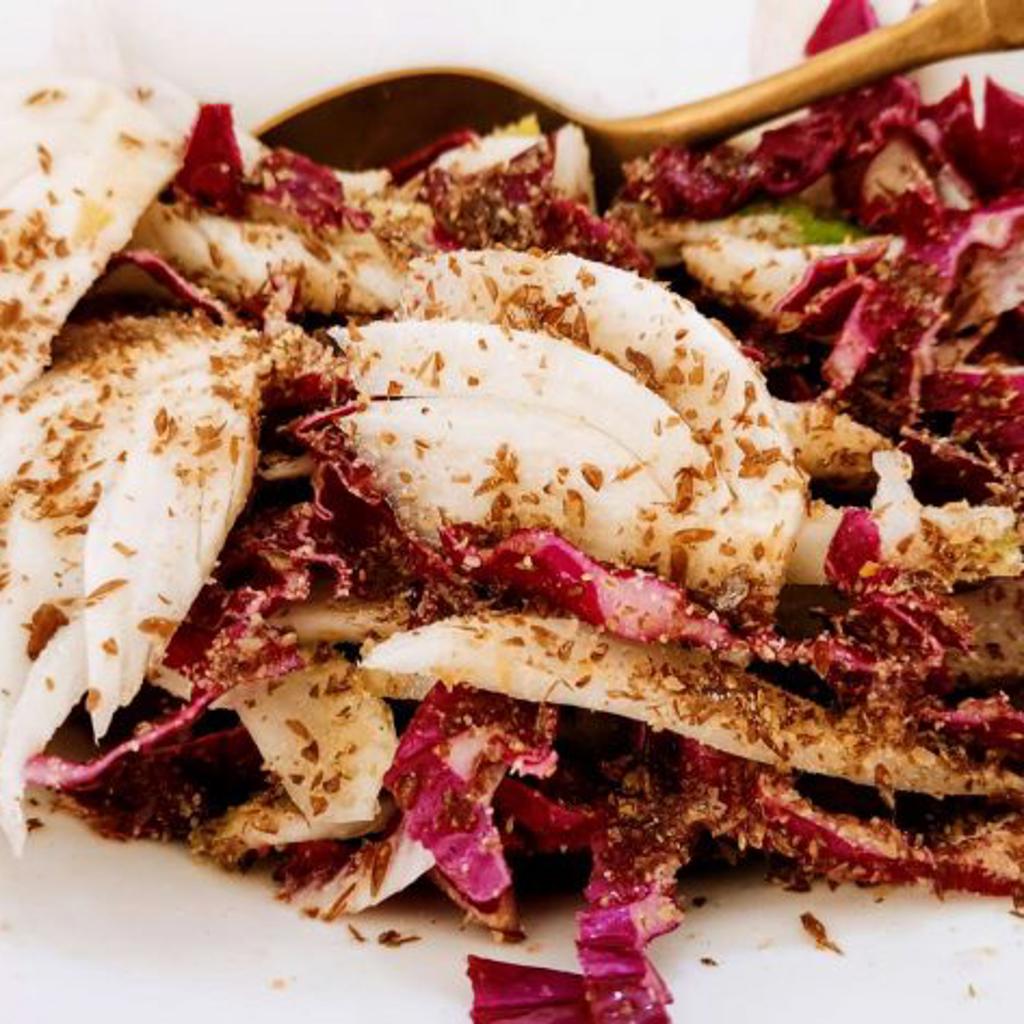
Fennel and Purple Cabbage Salad with Ground Flaxseeds
Mariapia - Food Blogger - Economista Salutista


Quick no-rise bread (recipe by tuduu)
Shop Poggetto Carni
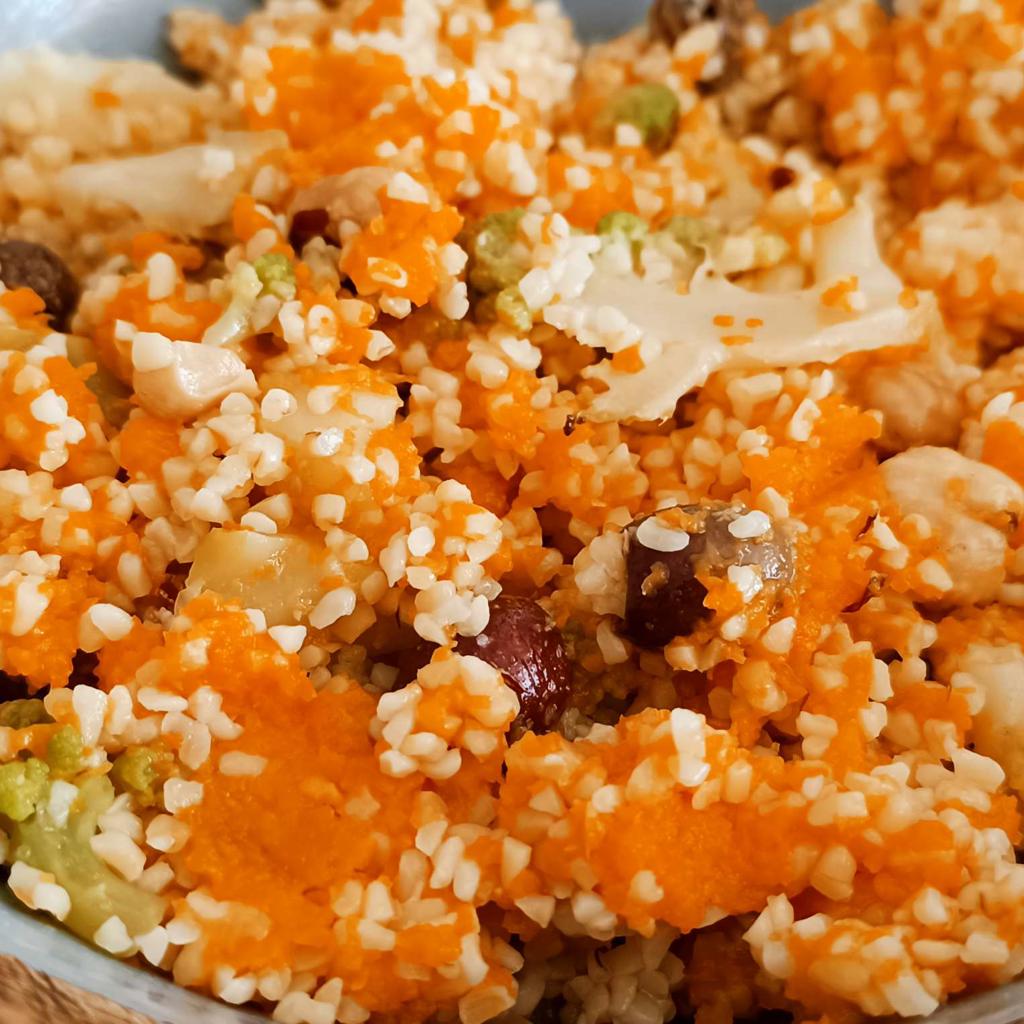
Bulgur with romanesco cauliflower, pumpkin, hazelnuts, and olives
Mariapia - Food Blogger - Economista Salutista
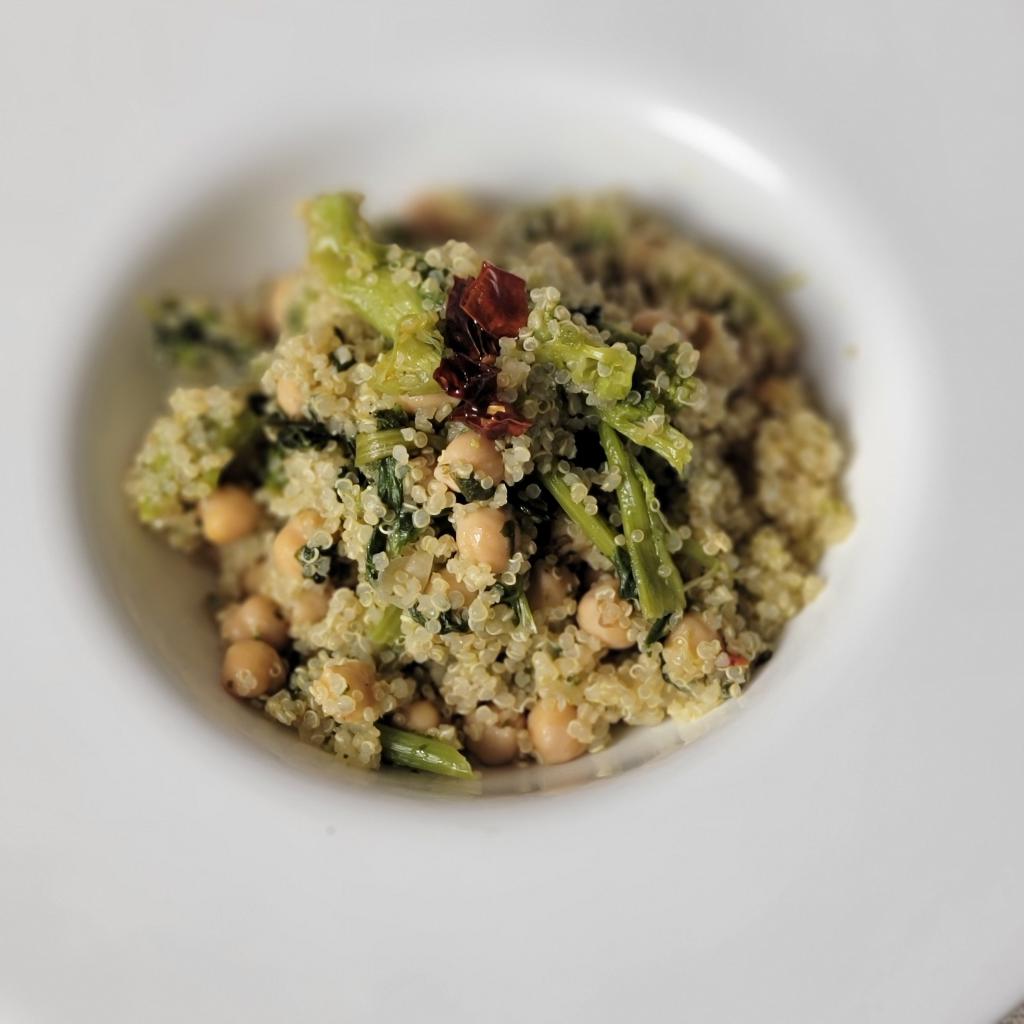
Quinoa with turnip tops and chickpeas
Cucinare_per_te



Gluten and Lactose-Free Pizza with High and Crispy Crust
Elena|CeliachiaStanca

Chickpea Flatbreads with Greek Yogurt
Impasta_con_rosy
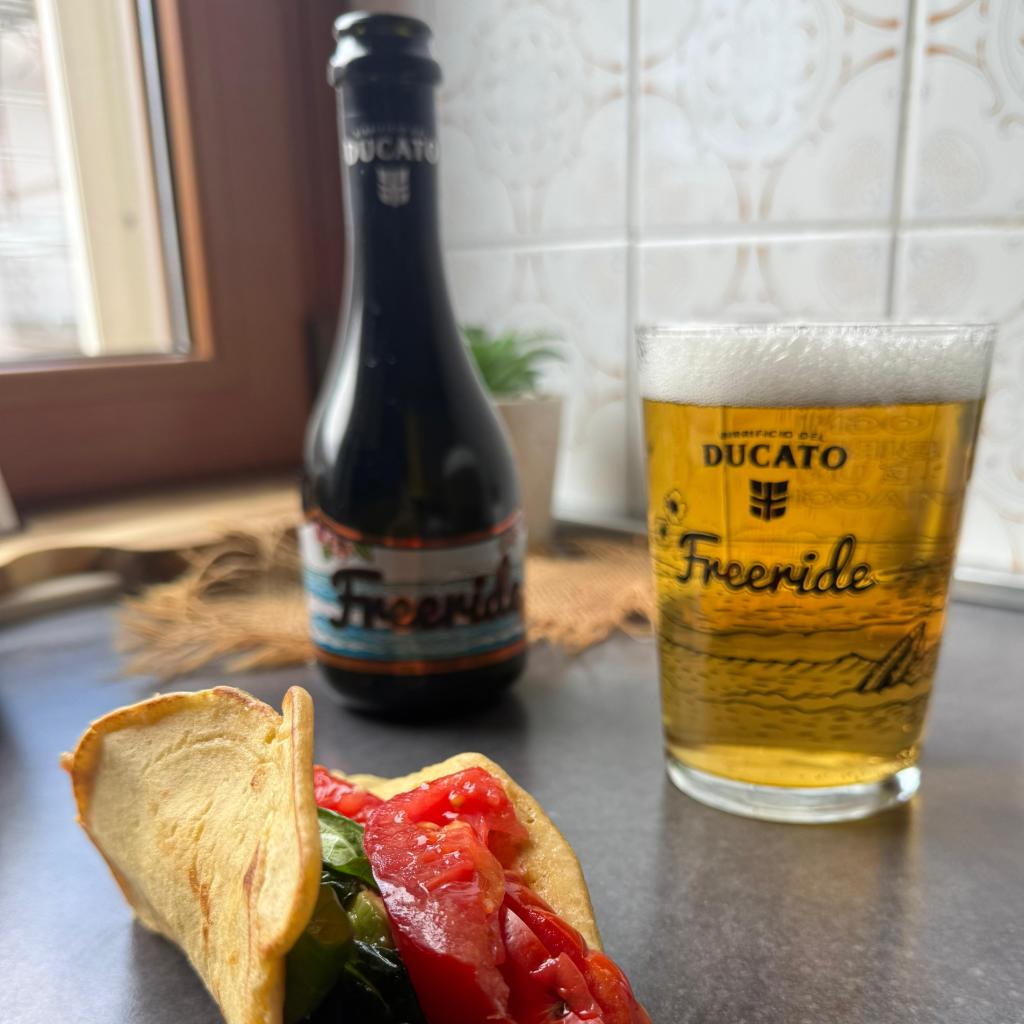
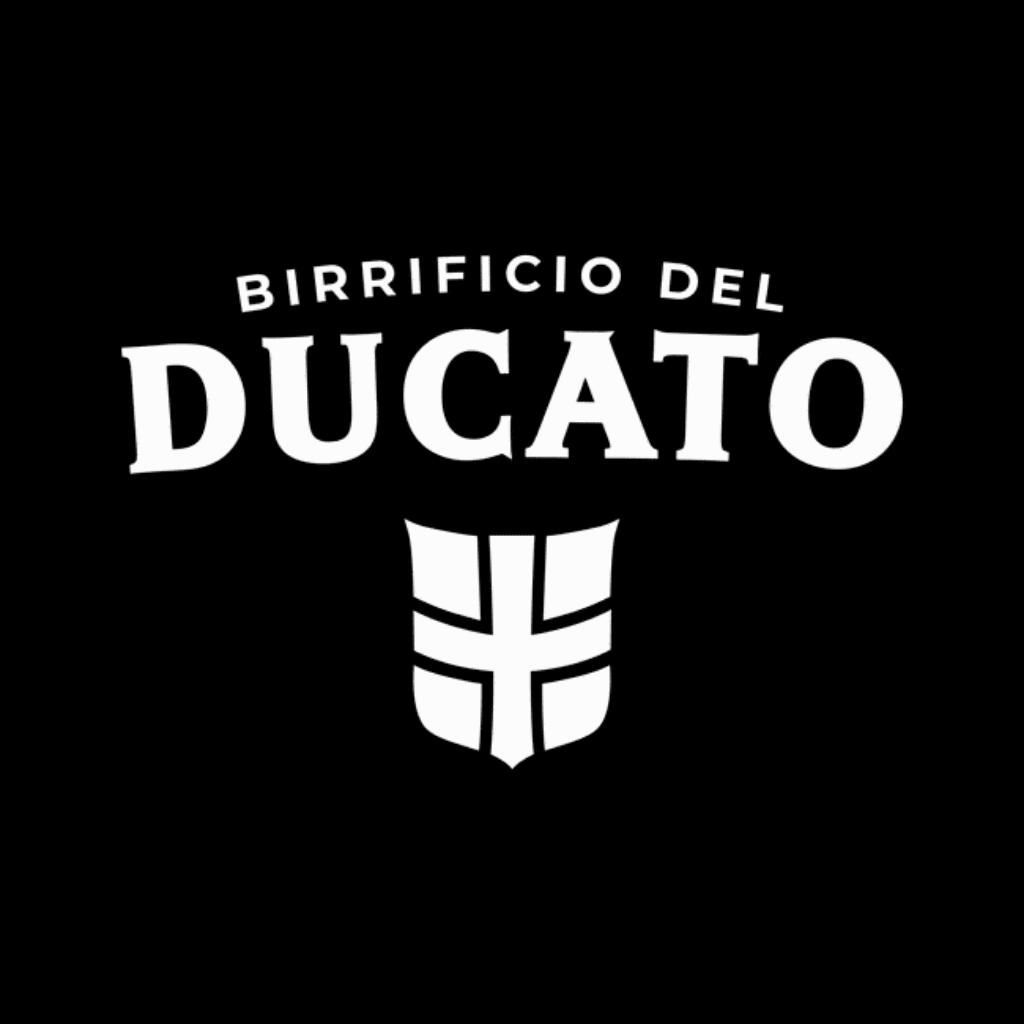
Gluten and Lactose Free Tortillas
BIRRIFICIO DEL DUCATO
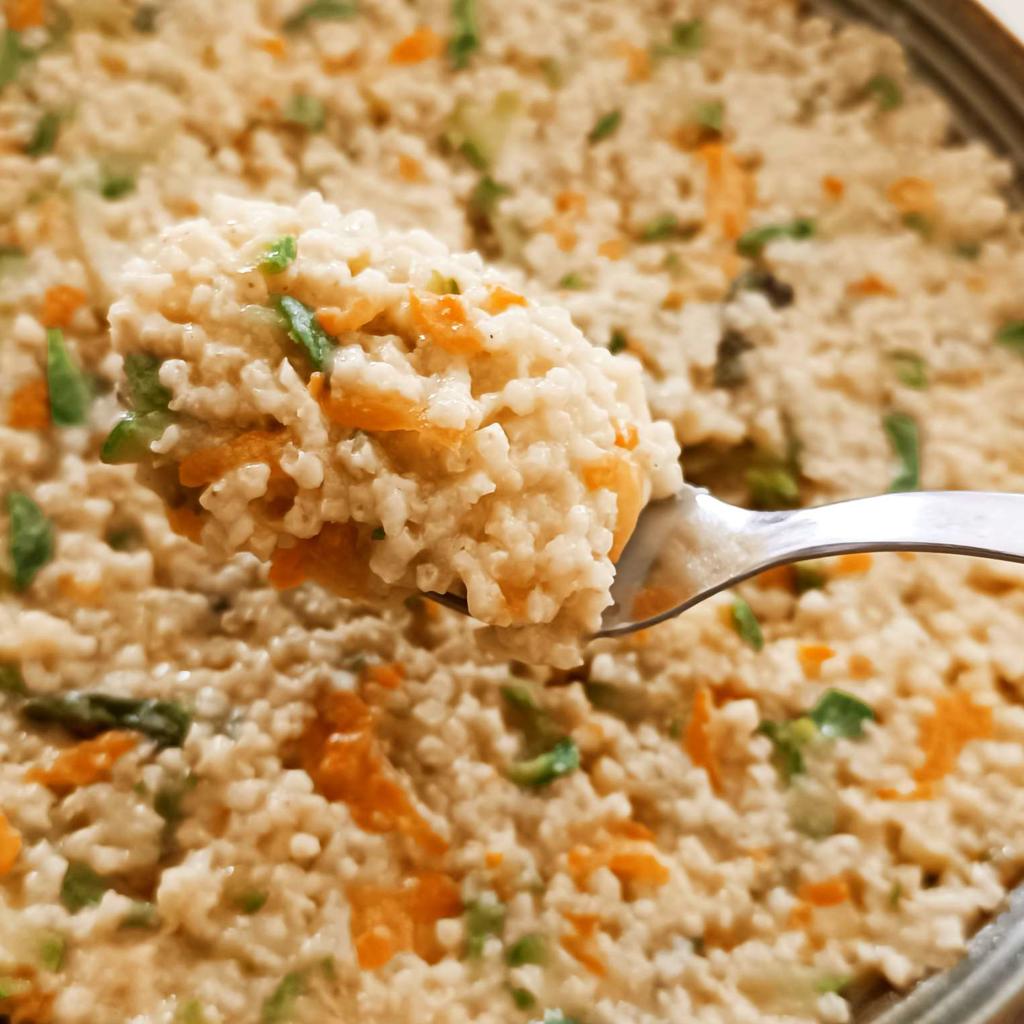
Millet with zucchini and carrots
Mariapia - Food Blogger - Economista Salutista

Red Lentil Soup with Coconut Milk
MescolaBene
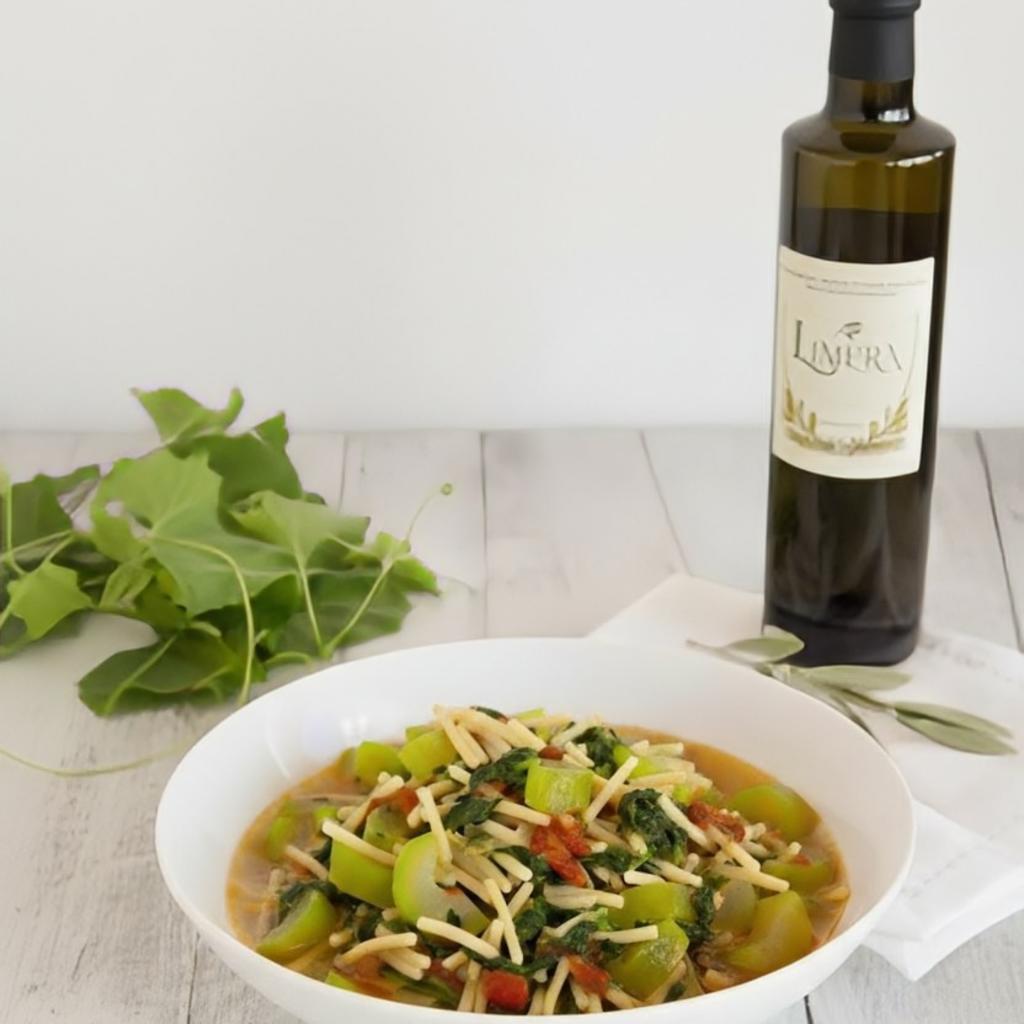

Pasta with Sicilian Tenerumi and Limera Oil
Olio Limera
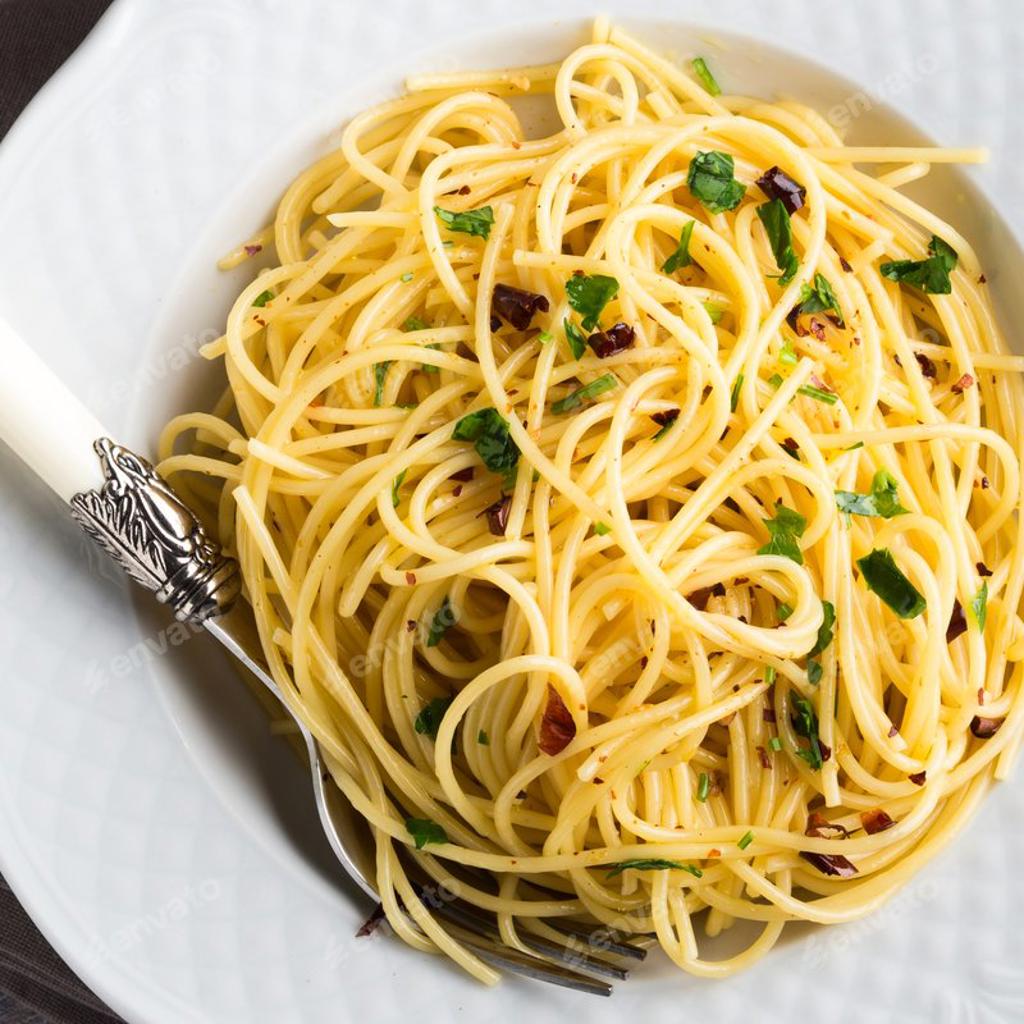

Spaghetti aglio, olio e peperoncino
Gourmet Exports

Viaggiando Mangiando


Sweet Potato Gluten-Free Tarts
Viaggiando Mangiando
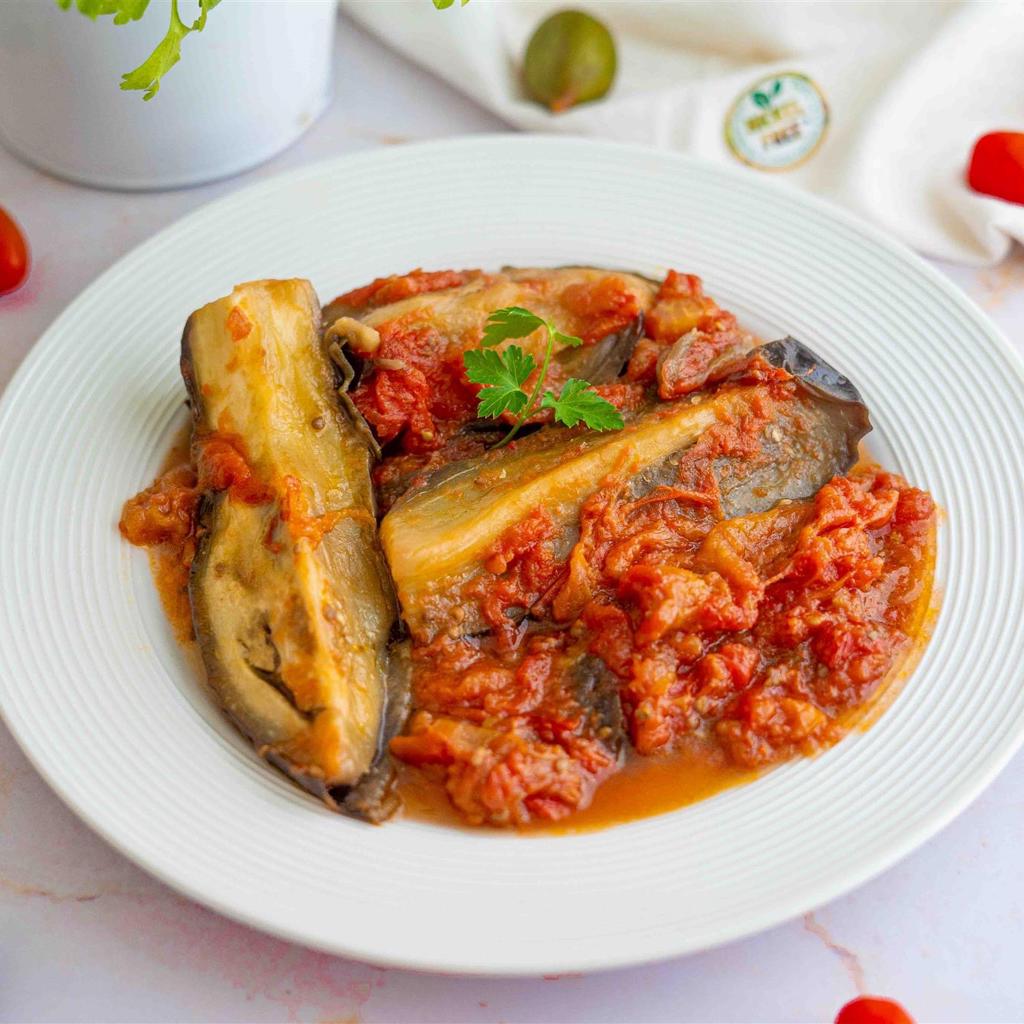
Manu food writer

Crunchy Oven or Air Fryer Carrots
MescolaBene

Spuntini.zerosbatti


Mini caramelized onion and stracciatella tarte tatin
Foodiecooklab

Ultra Crispy Non-Fried Potato Chips
Ilmiopiattoacolori

Francy.fitness.passion
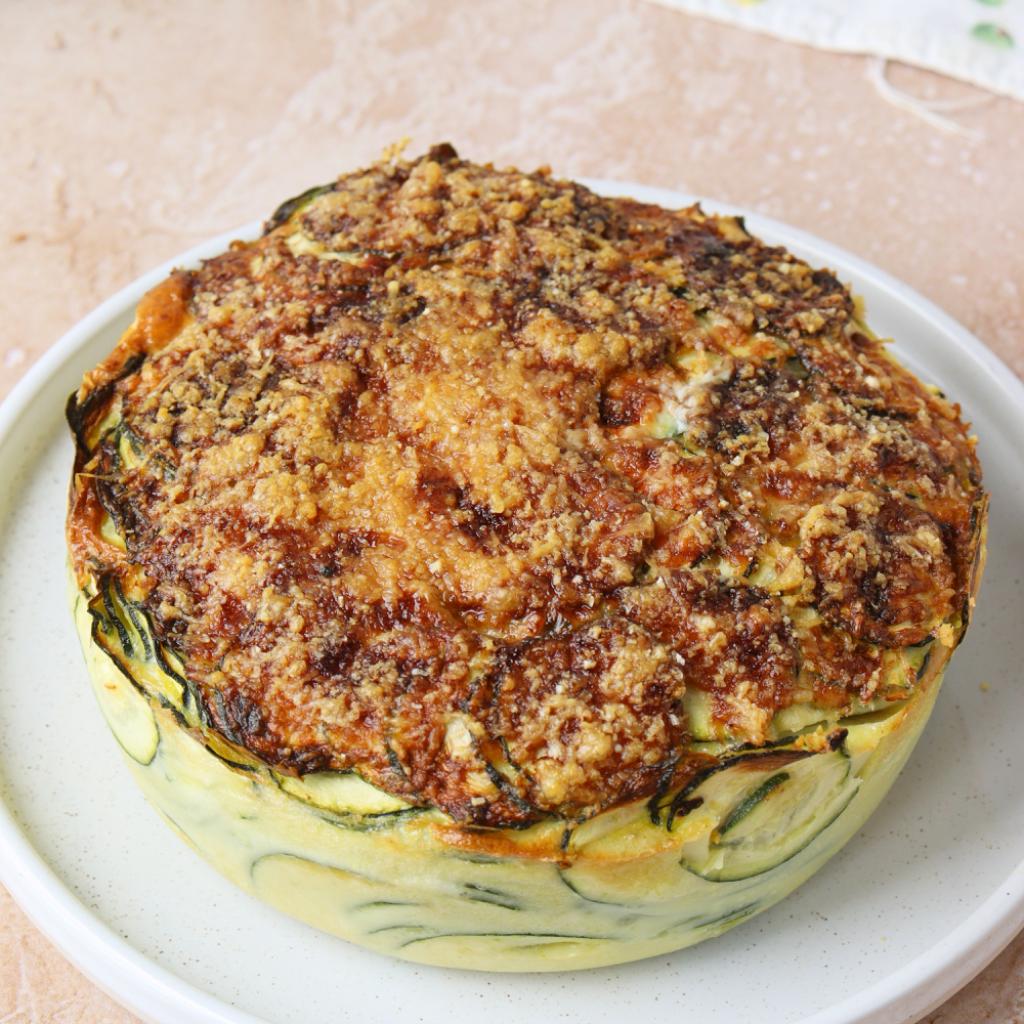
Iamfitandsweet

Spuntini.zerosbatti

Tarte Tatin with Fennel and Oranges
di_bina_in_meglio

Grandma's Rustic (without yeast)
Annamariachef2.0
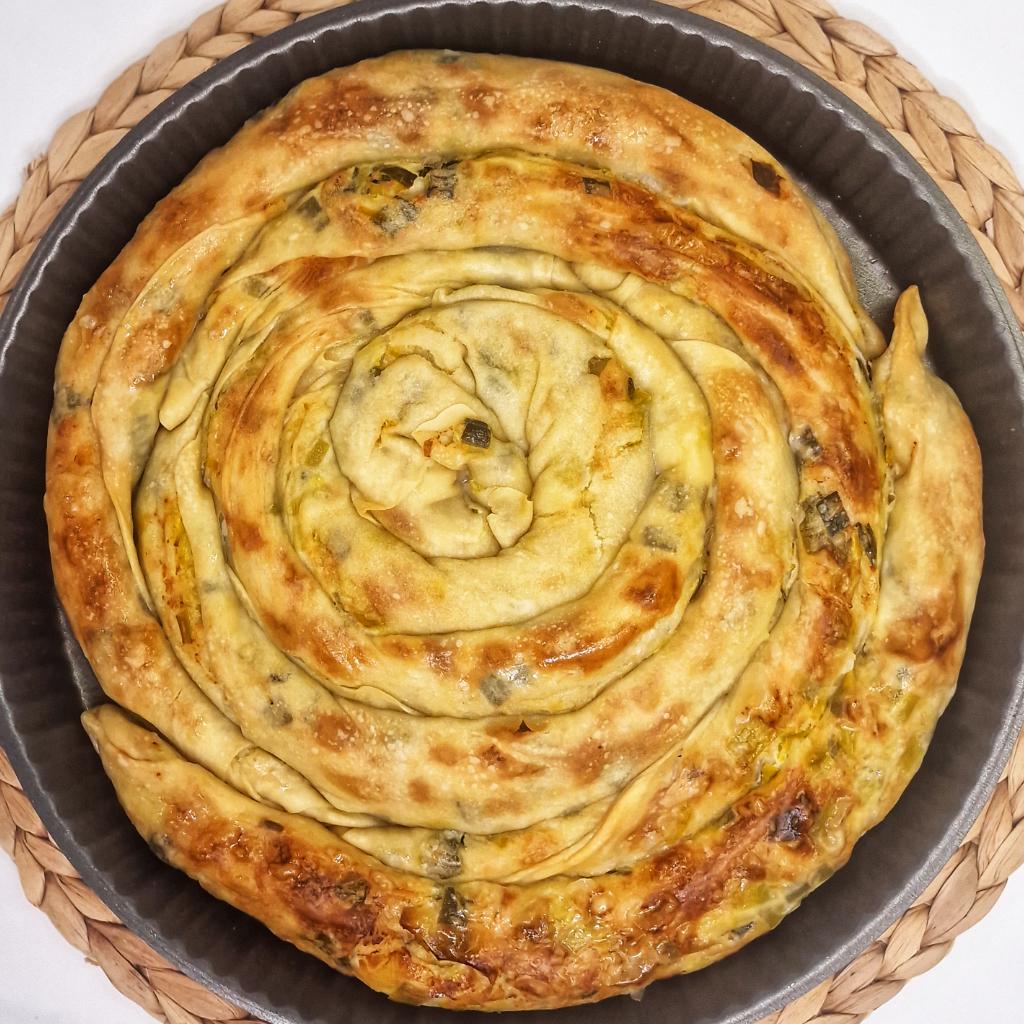
Byrek with leeks and lactose-free ricotta
Persaincucina


Puff Pastry Parcels with Ricotta and Spinach
Foodiecooklab
di_bina_in_meglio

Impasta_con_rosy
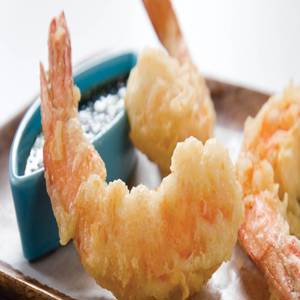
Tuduu
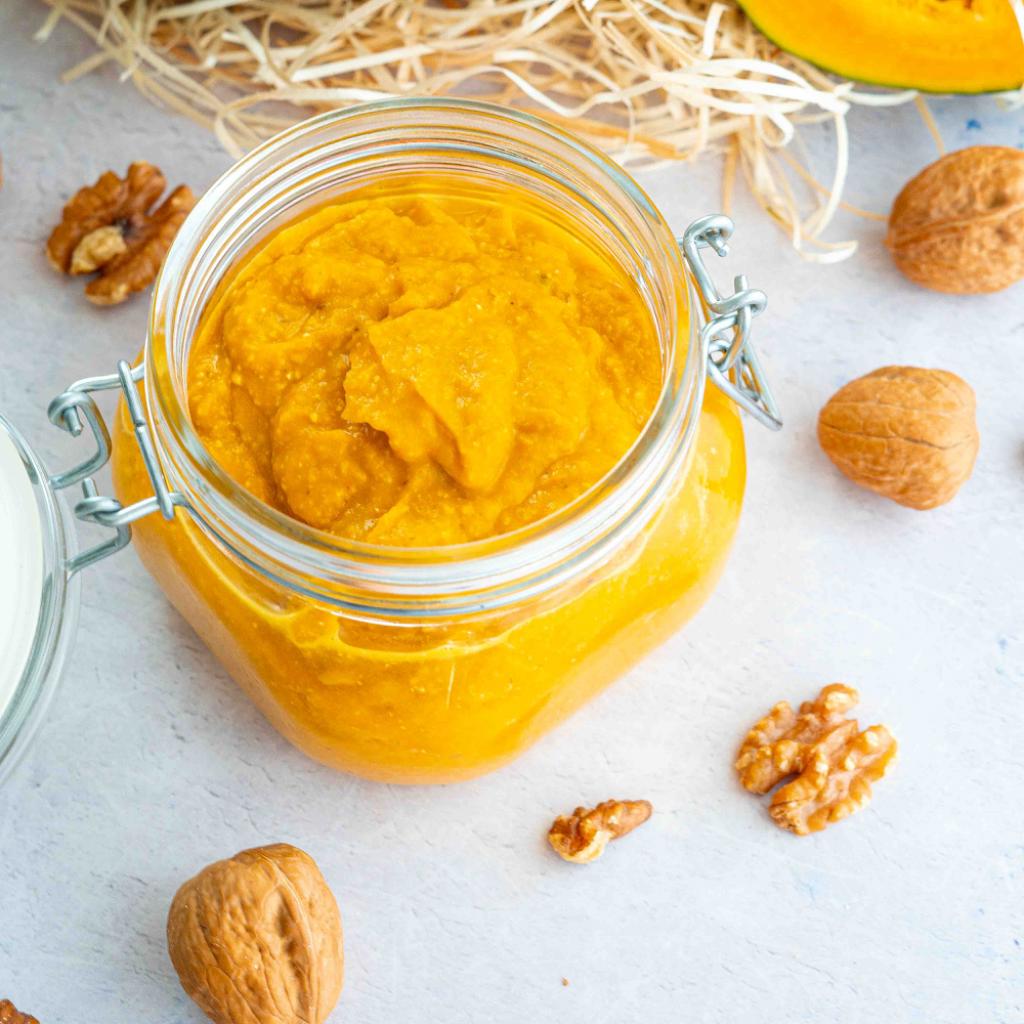
Manu food writer
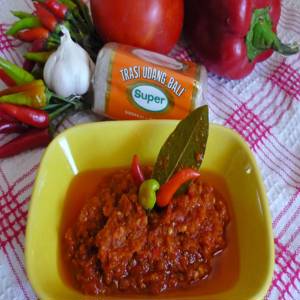
Tuduu

Viaggiando Mangiando
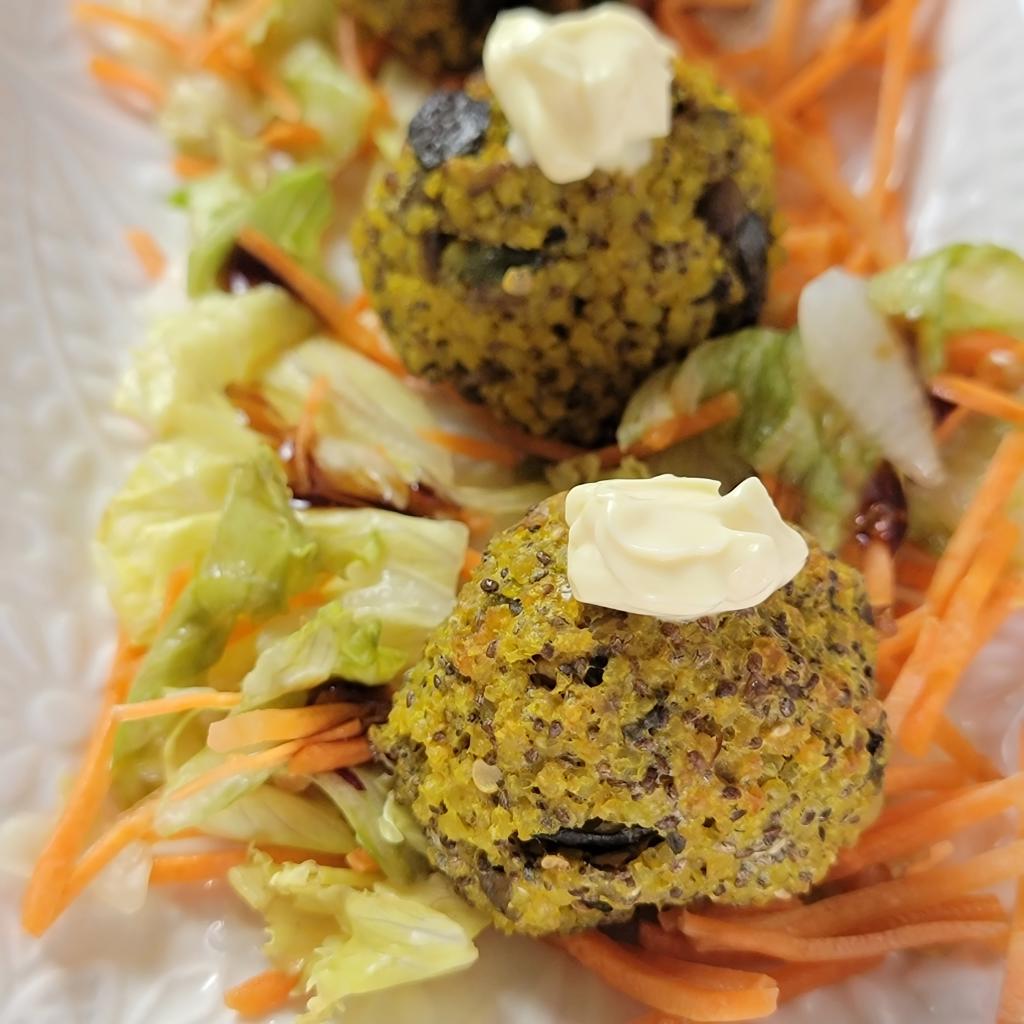
Millet balls with vegetables, chickpeas and curry
Cucinare_per_te
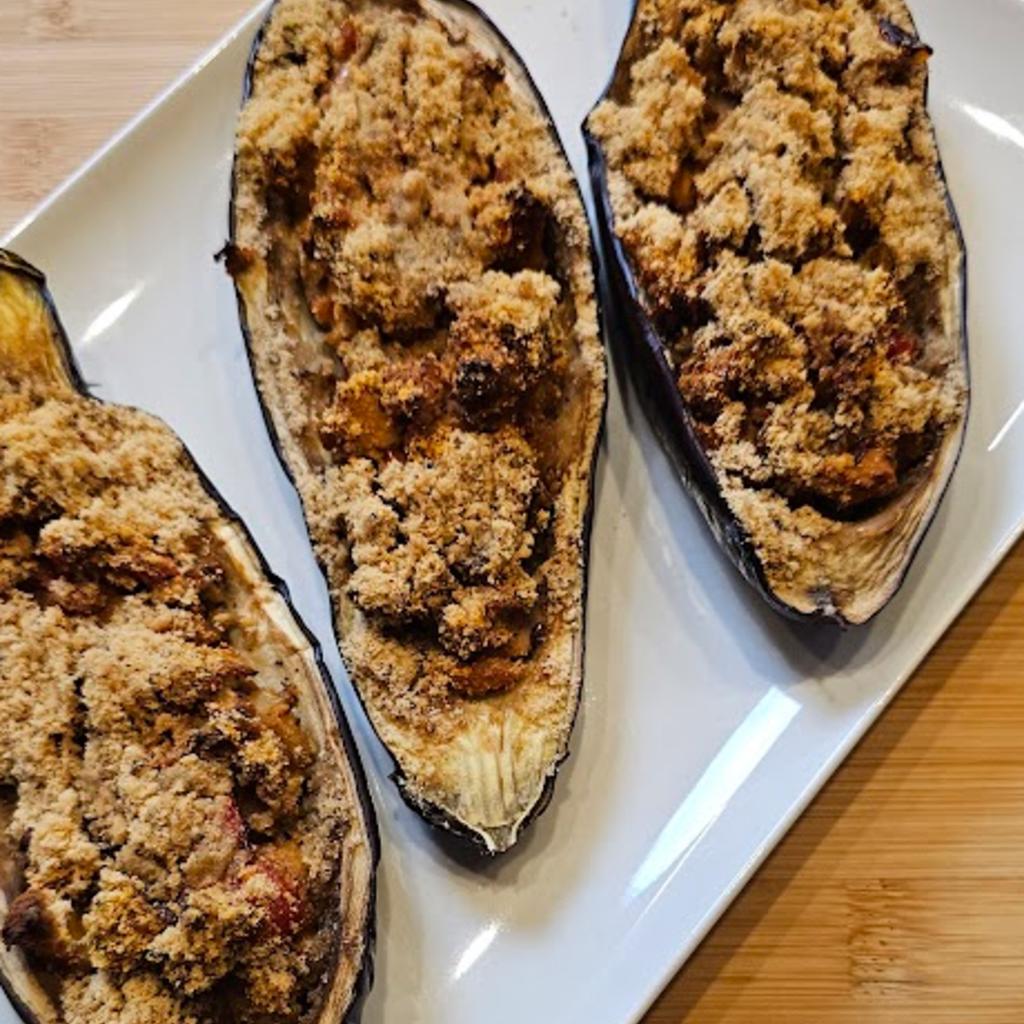
Gluten-Free and Lactose-Free Stuffed Eggplants
Elena|CeliachiaStanca

Gluten-free and lactose-free vegan cutlets
EASYCLARISSA

Fennel Cutlets with Orange Béchamel
di_bina_in_meglio


Chocolate Plumcake with Egg Whites
Foodiecooklab


Protein Mug Cake with Soft Heart
Swee-thy


Persimmon Donuts with No Added Sugar and Lactose-Free
Mariapia - Food Blogger - Economista Salutista


Carrot cake with vegan chufa, high and soft
IoBoscoVivo Srl
